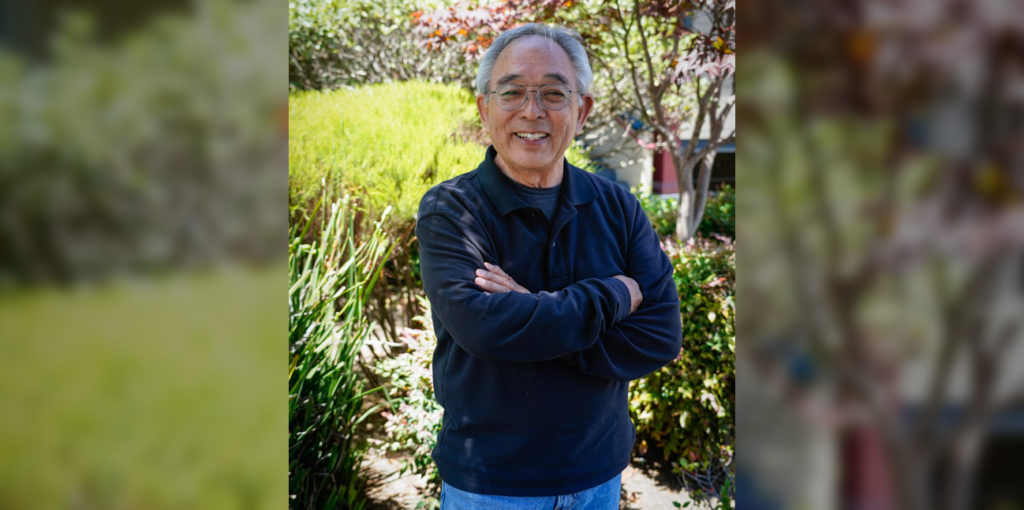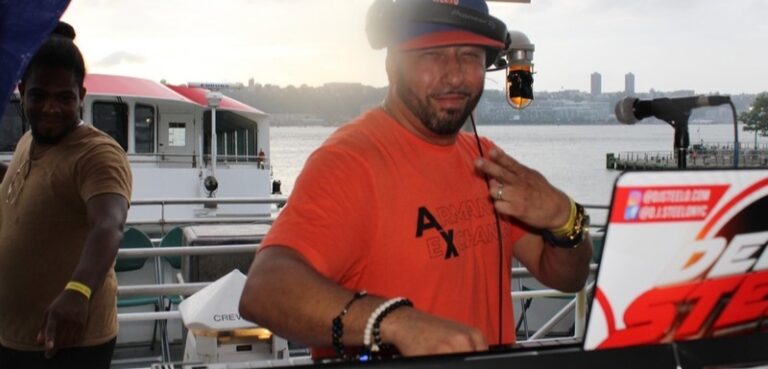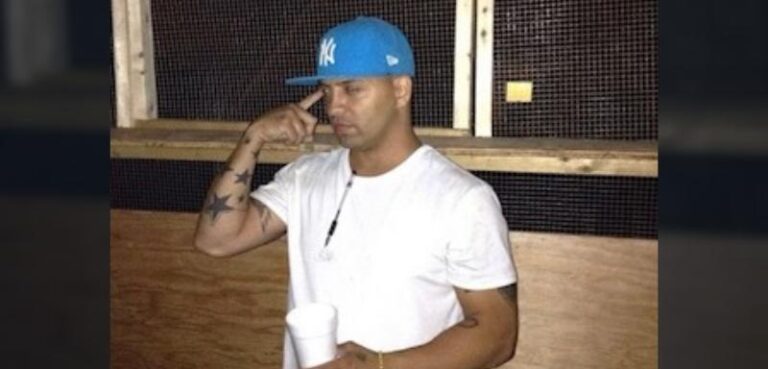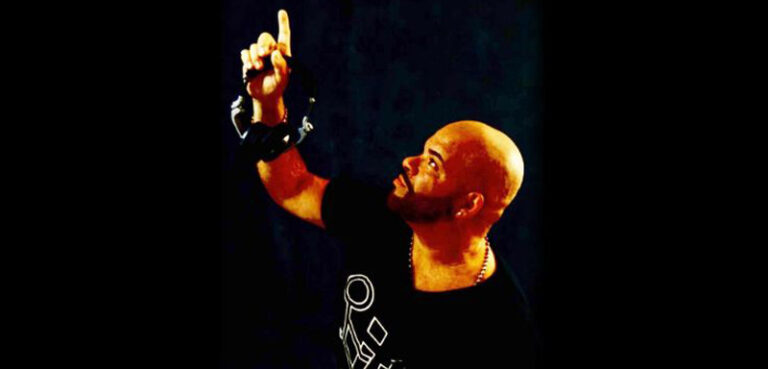Our country is guilty of a multitude of injustices and wrongdoings. One of the greatest social injustices in American history is the imprisonment of the entire Japanese American population after the bombing at Pearl Harbor. Not only were Japanese Americans stripped of their constitutional rights as American citizens, but they lost their property and possessions and were wrongfully imprisoned, and their lives were forever impacted.
One Japanese American who took a stand against inhumane treatment is John Tateishi. Through his role in the JACL, or Japanese American Citizens League, it is evident that John is not only someone who has fought to correct the past but has also strived to create a better tomorrow for our country. His books, And Justice for All: An Oral History of the Japanese American Detention Camps and Redress: The Inside Story of the Successful Campaign for Japanese American Reparations are powerful glimpses into the devastation of the past and long-fought battle for justice.
Despite being American citizens and doing nothing to deserve imprisonment, John Tateishi and his family were sent to the internment camp Manzanar during World War II. They were a few of the thousands of Japanese Americans who would have to carry of the weight of unimaginable trauma for the rest of their lives. John Tateishi had the drive, passion, and commitment necessary to correct the past and protect the future. Through his book, And Justice for All, John gave a voice to many Japanese Americans who faced unfathomable hardships.
According to John, “This book came about because the strategy of the Japanese Americans Citizens League was to have a federal commission established to investigate the circumstances that led to the government’s actions. One of the main commissions was to have public commissions, which is a public hearing”
During these public hearings, John discovered that many of the Nisei, which are the children of Japanese immigrants who were born and educated in the United States, had never told their heartbreaking stories. This became a catalyst for many voices to be heard, as, in John’s words, “This commission was intended to allow the Nisei an opportunity to have a voice to talk about what happened and say that this is not ok”.
John Tateishi wanted these stories to be heard through the collection and publication of transcripts from the hearings and testimonies. After negotiating a contract with an interested publisher, John Tateishi conducted oral interviews and strove to “pick out the stories that I thought represented the common thread of a lot of different people”. This common thread was the fact that these Japanese Americans had lost their homes, property, and jobs before being wrongfully jailed.
While many Nisei cried during the public hearings, nothing could prepare John for the devastation he witnessed during these oral interviews. During one of his hardest interviews, he spoke to a woman who was telling her story for the very first time. “There were parts of her story that she never told. During her testimony, her husband and son came in the house and she did not realize that they were there. It was a horrible experience for her and awful (for them?) to hear what their mother and wife had to go through,” said John. It was at this point John was unsure of whether he would be able to continue this process. But nevertheless, he persisted.
These interviews revealed the power of the human spirit. In fact, John’s book also contained the testimonies of Japanese American veterans who volunteered to fight for a country that did them wrong. One incredible example of this perseverance can be seen in John’s mother, Yuriko Tateishi, who was one of his hardest interviews to conduct. Despite having to raise four boys in Manzanar, separated from her husband, she persisted and found the light in every situation. She will always be a symbol of love and light during a time of pure darkness and evil.
John’s desire to fight for justice was ignited when his father told him: “You know what happened was really wrong. That was something we should make sure this country always remembers. You know if you ever had the opportunity to do something to make it right, that is your obligation.” This is exactly what John did in his work with the JACL and the Redress Campaign.
“When there was an opportunity for me to get involved with the Northern California District Committee, there was no hesitation in accepting the chairmanship position,” said John. Through a mini-campaign in the Bay Area, John discovered the harsh reality that many people did not care that the “entire Japanese population was forced to leave everything behind.”
In 1978, John accepted the position of National Chair of the JACL Redress Program. “I accepted it because I felt like I knew what needed to be done. We had a mandate to push the issue into a legislative drive, or the bill in Congress, with the demand of $25,000 per person affected by the government’s actions during WWII and the creation of a trust fund. That was a guidepost as my job for the next two years as the national chair to try to develop this program so that we could prepare for a campaign,” said John. While this campaign initially received a lot of backlash, John refused to give up. He instead continued to work with the JACL to challenge the definition of an American and to ensure that the injustices that occurred during the war will never happen to any group ever again.
The recent publication of his book, Redress: The Inside Story of the Successful Campaign for Japanese American Reparations, gives an intimate view of the complexities and difficulties of a campaign that was doomed to failure but succeeded and tells the story of a fight for justice in America.
At the end of the day, America is built upon the legacies of people who were willing to fight for what is right. The unrelenting efforts of John Tateishi and the JACL ultimately shined a light upon one of the darkest parts of American history. Despite being one of the leading forces in this historical movement, John stated that, “Leadership is not about yourself ever. In a Japanese culture, everything you do is for the community. We were pushing this issue to ensure the rights of not only Japanese Americans and to rectify this past injustice, but to prevent it from ever happening again.”





